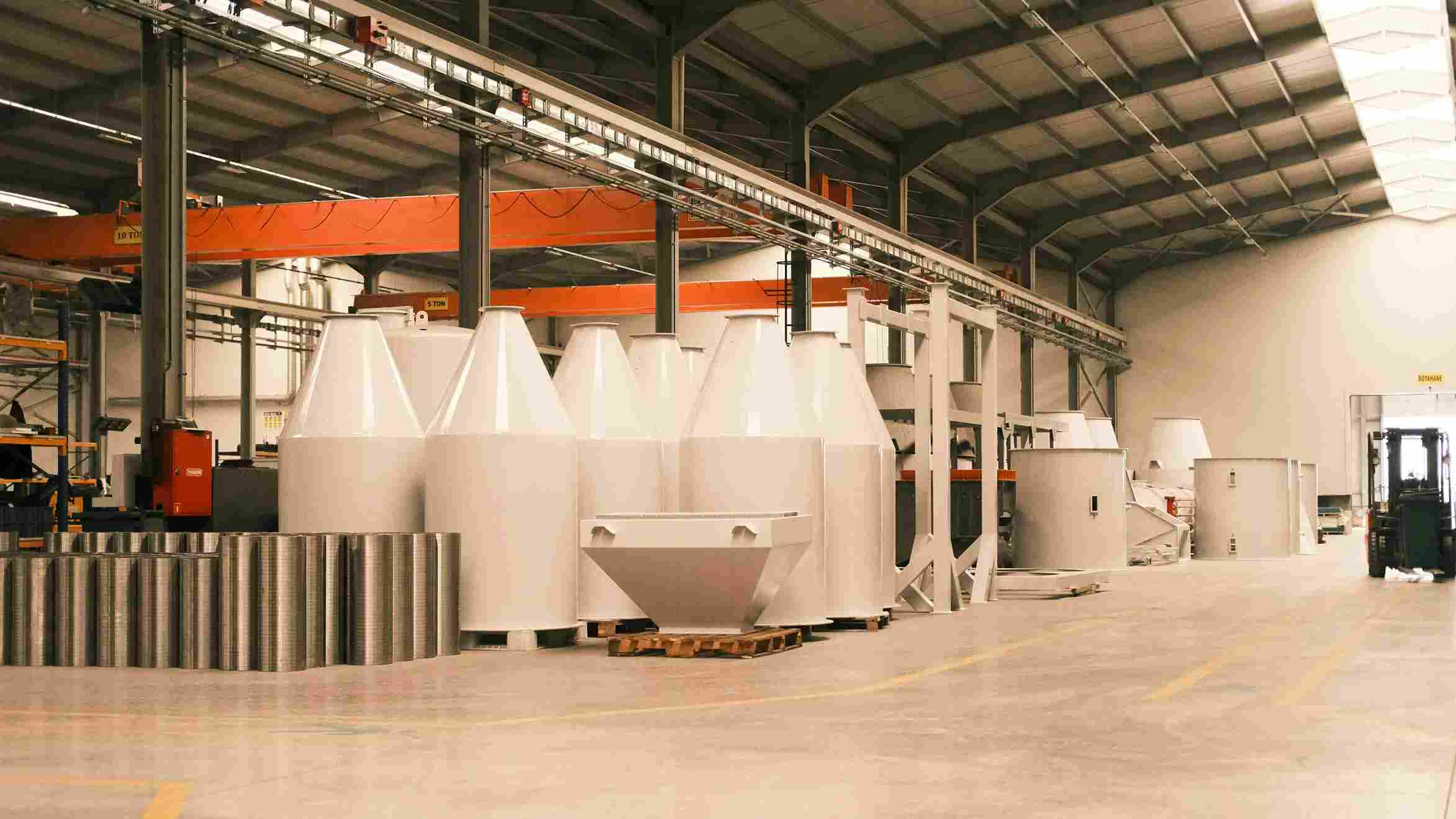
What Is Equipment Maintenance? Best Practices & Software
Discover the importance of equipment maintenance, explore best practices, and find the right software solutions. Optimize your maintenance strategy ...
Solutions
Workplace Management Solutions
Real Estate Management Solutions
Maintenance Management Solutions
Energy Management Solutions
Engineering Document Management Solutions
Asset Management Solutions
Automate campus scheduling for classes, meetings, and exams with our EMS software.
Plan and manage conferences effortlessly with EMS software to impress guests and streamline operations.
Boost workplace flexibility and maximize space use with seamless desk and room booking.
Organize workplace or campus events smoothly, creating memorable experiences.
Optimize workspace, manage allocations efficiently, and reduce costs with our space management solutions.
Deliver projects on time and within budget by improving communication, collaboration, and efficiency with our software.
Streamline lease accounting for ASC 842, IFRS, and GASB compliance.
Manage leases efficiently by tracking key dates, analyzing costs, and ensuring compliance.
Centralize data and analytics for better insights, faster negotiations, and revenue growth.
Centralize facility and asset maintenance, automate work orders, and ensure compliance with our CMMS software.
Extend asset life, reduce downtime, and prevent costly repairs with data-driven monitoring.
Prevent equipment failures and extend asset life by detecting and addressing issues early.
Make sustainable, cost-efficient energy decisions by monitoring and optimizing power consumption.
Remotely monitor and control equipment with real-time data to predict issues, boost efficiency, and reduce downtime.
Easily share and collaborate on documents, creating a single source of truth for engineers and contractors.
Manage and analyze assets across their lifecycle to schedule maintenance, reduce downtime, and extend lifespan.
Improve visibility, automate work orders, and ensure compliance for efficient facility and asset management.
Resources
Browse our full library of resources all in one place, including webinars, whitepapers, podcast episodes, and more.
Support
Looking for access to technical support, best practices, helpful videos, or training tools? You’ve come to the right place.
About Accruent
Get the latest information on Accruent, our solutions, events, and the company at large.

Facilities maintenance management (FMM) is planning, organization & execution of work that maintains & optimizes functioning of buildings, equipment & grounds.
Table of contents
Effective facilities maintenance management or FMM is crucial for optimal performance, minimizing downtime, and maximizing the longevity of assets, whether you're responsible for a single building or a complex infrastructure. In this blog post, we explore the key elements of facilities maintenance management, including why it's important, different types of maintenance and common challenges facility managers face.
Facilities maintenance management refers to the strategic planning, organization and execution of activities aimed at maintaining and optimizing the performance of physical assets within a facility. It involves a systematic approach to managing maintenance tasks, including preventive maintenance, corrective repairs, inspections, asset management, resource allocation and documentation. FMM ensures that buildings, equipment, systems and infrastructure are kept in optimal condition to support smooth operations.
According to the IFMA or International Facility Management Association, facilities maintenance management is: “an organizational function which integrates people, place and process within the built environment with the purpose of improving the quality of life of people and the productivity of the core business. It ensures the functionality, comfort, safety, sustainability and efficiency of the built environment - the buildings we live and work in and their surrounding infrastructure.”
Download our free Facility Management Checklist to streamline maintenance, improve space utilization, and stay on top of compliance.
Facilities management includes different types of maintenance, each serving a specific purpose:
Facilities maintenance management comes with its fair share of challenges that organizations must navigate to ensure smooth operations. One common challenge is the lack of a centralized system for maintenance management, leading to disjointed processes, inefficient communication and difficulty tracking maintenance activities. Another challenge lies in keeping up with evolving technology and industry standards, as outdated systems could hinder efficiency and limit access to critical maintenance data.
Lastly, maintaining compliance with safety regulations and environmental standards adds another layer of complexity, demanding rigorous documentation and adherence to stringent protocols. Overcoming these challenges requires a proactive approach, effective communication and the adoption of modern facility management solutions, for example, a CMMS that streamlines processes and enhances collaboration among maintenance teams through increased visibility.
In today's digital age, technology plays a vital role in facilities maintenance management. Utilizing advanced software solutions, organizations can streamline their maintenance processes, enhance communication and improve overall efficiency. From computerized maintenance management systems (CMMS) that centralize asset management and work order tracking to mobile applications that empower technicians with real-time information and collaboration capabilities, technology provides valuable tools to optimize facility maintenance management.
Facilities maintenance management is a multifaceted discipline that requires a proactive mindset, effective use of technology and data-driven decision-making. By understanding what facilities maintenance management entails and recognizing its importance, organizations can implement proactive maintenance practices, enhance asset performance, optimize costs and create a safe and productive environment. With the right strategies and tools in place, mastering facilities maintenance management can lead to operational success and long-term sustainability.
Accruent's cloud-based and on-prem CMMS software is designed to streamline facilities maintenance management activity. By automating work orders, increasing equipment reliability, improving inventory accuracy and maintaining industry-specific regulatory compliance, our top-rated software helps save time, lower costs and improve maintenance care. Whether you’re managing a large facility or a small business, Accruent’s CMMS software can help you achieve your maintenance goals.
Contact us to learn more about how we can help with your facilities maintenance management needs.
Discover the importance of equipment maintenance, explore best practices, and find the right software solutions. Optimize your maintenance strategy ...
Maintenance Connection is a leading maintenance management CMMS software that helps businesses maximize operational efficiency.
Discover the meaning and secrets to successful maintenance management in 2024. Explore strategies to cut maintenance costs and boost operational ...
Subscribe to stay up to date with our latest news, resources and best practices